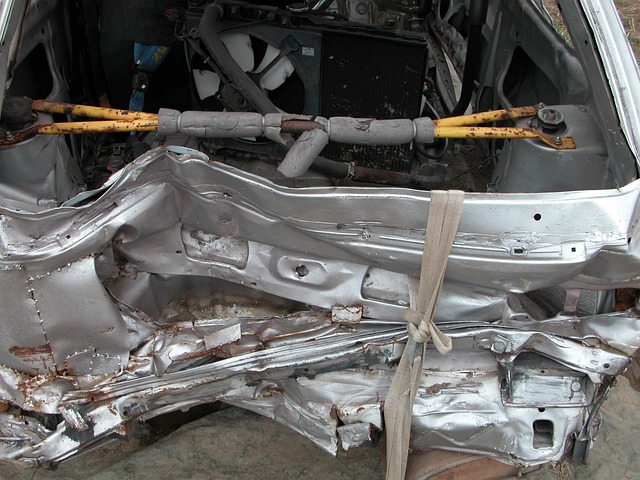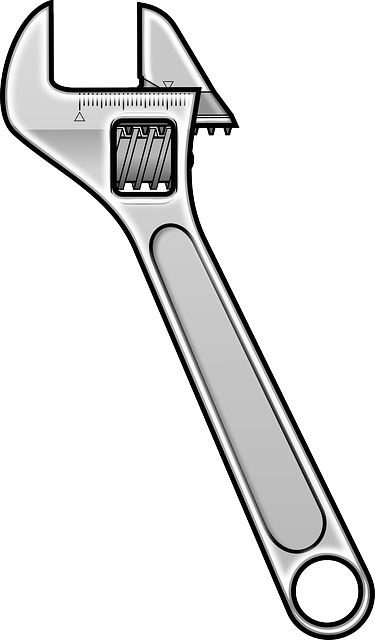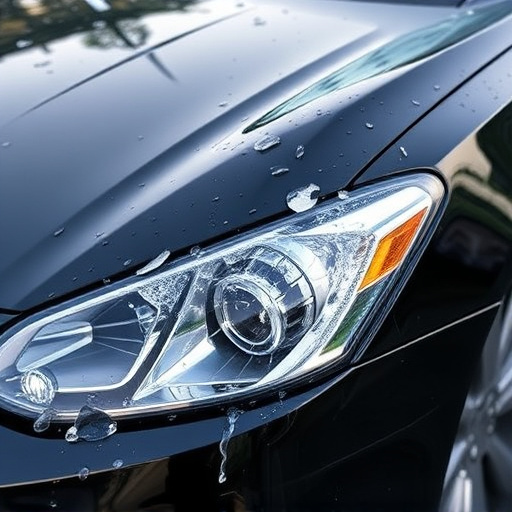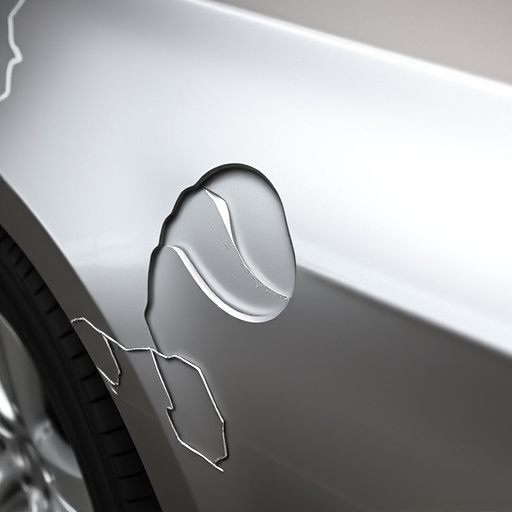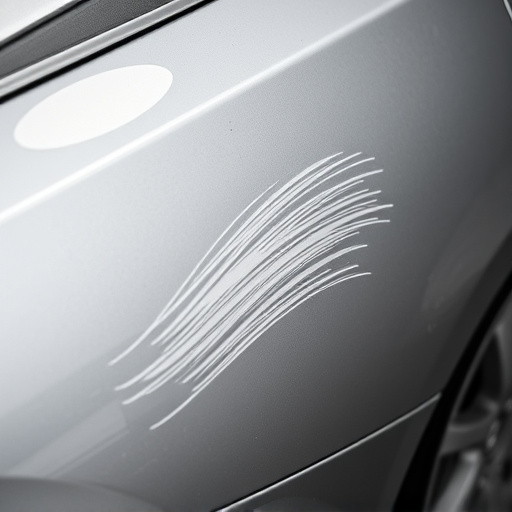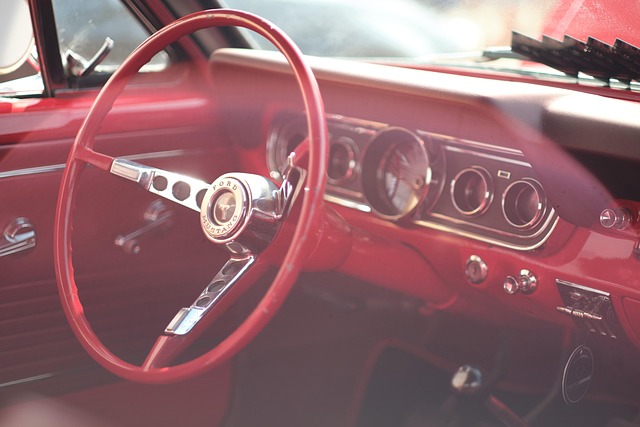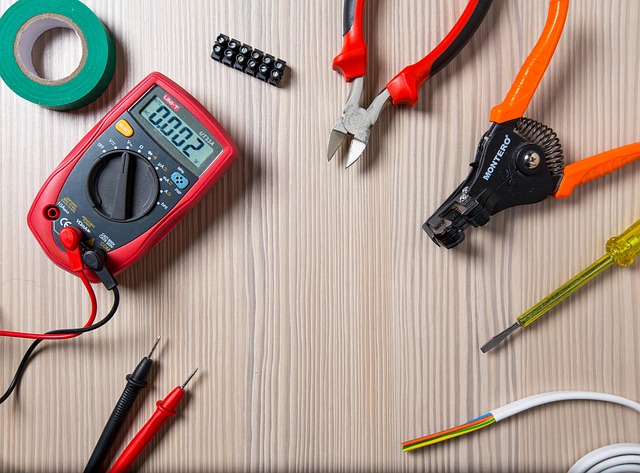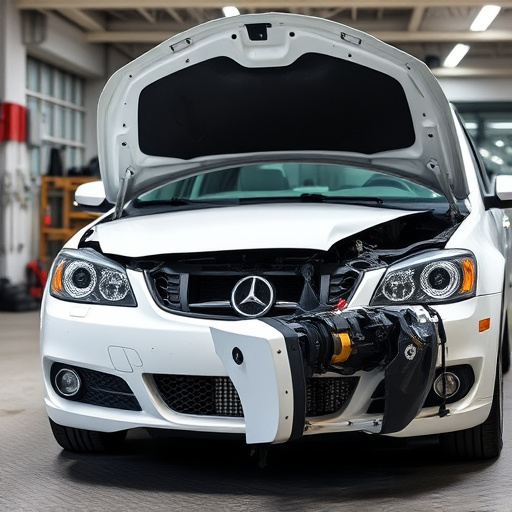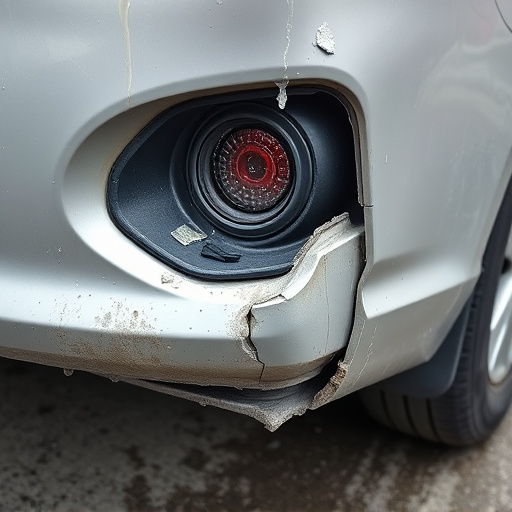Mercedes impact sensor calibration is essential for optimizing vehicle safety systems, ensuring accurate collision detection and response. Over time, sensors can become inconsistent, requiring regular calibration to maintain reliable performance after auto body repairs. Proper maintenance includes systematic calibration checks, environment control, and preventative testing during services, all contributing to enhanced road safety and peace of mind for Mercedes owners.
Mercedes impact sensors play a vital role in enhancing vehicle safety, detecting collisions and triggering airbags. However, inconsistent performance can lead to life-threatening outcomes. This article delves into the importance of Mercedes impact sensor calibration, exploring how regular checks and adjustments ensure reliable sensor operation. We’ll break down the process, provide maintenance tips, and underscore why consistent performance is paramount for your safety and peace of mind.
- Understanding Mercedes Impact Sensor Calibration
- Why Consistent Performance is Crucial for Safety
- Steps to Accurate Calibration & Maintenance Tips
Understanding Mercedes Impact Sensor Calibration
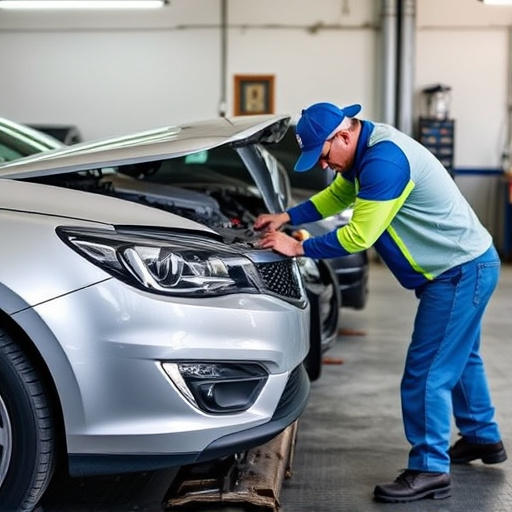
Mercedes impact sensor calibration is a critical process that ensures the vehicle’s safety systems function optimally. These sensors play a vital role in detecting and assessing collision impacts, triggering corresponding safety mechanisms like airbag deployment. Over time, due to various factors such as road debris, accidents, or normal wear and tear, these sensors can become inconsistent in their performance.
Proper calibration realigns the impact sensor’s readings with the vehicle’s overall safety system, ensuring accurate responses during emergencies. Auto body repairs that involve dent removal or frame straightening often necessitate this calibration to compensate for any structural changes that might affect sensor accuracy. Maintaining precise sensor functionality is crucial for effective collision response and enhancing overall road safety.
Why Consistent Performance is Crucial for Safety
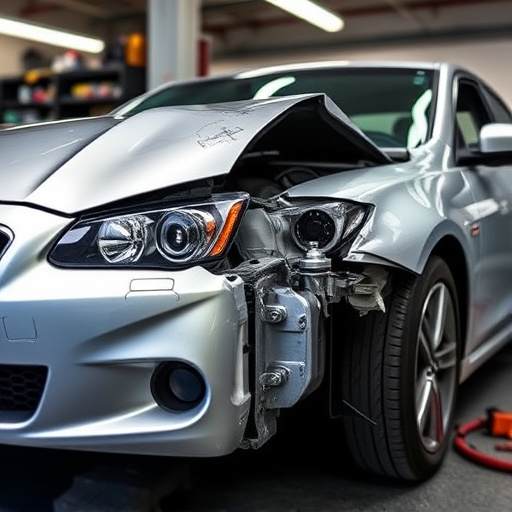
In the automotive industry, safety is paramount, and consistent sensor performance plays a pivotal role in ensuring the well-being of drivers and passengers. Mercedes impact sensors are designed to detect and respond to collisions, triggering safety features that can mitigate injuries. However, inconsistent sensor performance can lead to delays or false readings, which may have severe consequences. For instance, during a crash, a malfuncioning sensor could fail to deploy airbags or lock brakes in time, potentially causing harm to occupants.
Maintaining consistent performance requires regular Mercedes impact sensor calibration, a critical step in vehicle maintenance. Proper calibration ensures that the sensors accurately measure and transmit data about impact events. This is particularly important for vehicles undergoing repairs, such as those requiring frame straightening or dent repair. By calibrating impact sensors, technicians can guarantee that safety systems operate reliably, enhancing road safety and peace of mind for Mercedes owners.
Steps to Accurate Calibration & Maintenance Tips
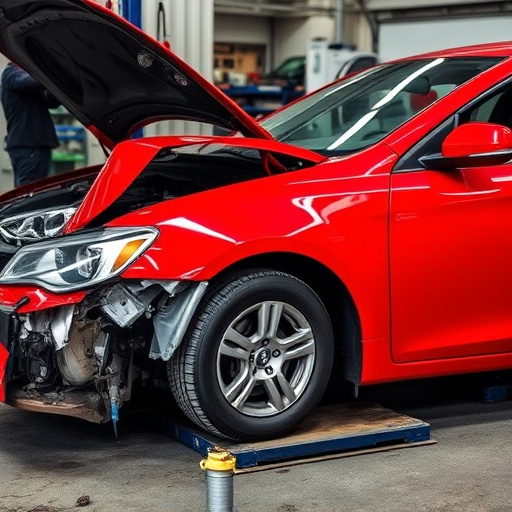
Steps to Accurate Calibration
To ensure accurate Mercedes impact sensor calibration, follow a structured process. Begin by inspecting the sensor for any visible damage or debris. Clean the sensor gently using recommended solutions, as contamination can lead to inaccurate readings. Next, use specialized tools to adjust the sensor’s settings to factory specifications. This precise adjustment ensures optimal performance and minimizes inconsistent results. Regularly schedule calibration checks as part of routine maintenance, especially after high-impact events or extensive vehicle body repair.
Maintenance Tips
For luxury vehicle repair like Mercedes benz repair, consistent care is key. Implement preventive measures by regularly checking the sensor’s functionality during scheduled services. Look for any signs of wear or malfunction and address them promptly. Additionally, maintain a clean environment to prevent foreign objects from interfering with sensor operations. Proper storage when not in use can also preserve calibration accuracy. Remember that meticulous care extends the life of impact sensors, enhancing overall vehicle safety and performance, particularly in the event of collisions.
Mercedes impact sensor calibration is a vital process that ensures the consistency of sensor performance, which is crucial for vehicle safety. By regularly calibrating and maintaining these sensors, drivers can have peace of mind knowing their vehicles are prepared to respond accurately in any situation. Through understanding the importance of this process and following the provided steps, owners can help prevent inconsistent sensor readings, ultimately enhancing road safety.

